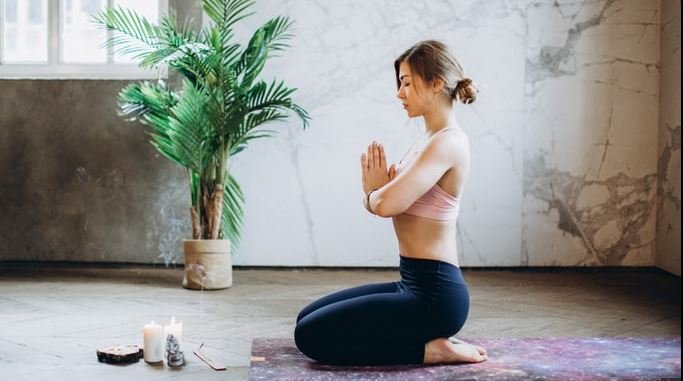Creating a personal well-being routine is essential for maintaining balance and achieving overall health. This routine helps you manage stress, boost energy levels, and improve mental and physical health. By establishing consistent habits, you set a foundation for long-term well-being and happiness.

Assessing Your Current Well-Being
To begin, assess your current state of well-being. Reflect on your physical health, mental clarity, emotional stability, and lifestyle habits. Understanding where you currently stand will help you identify areas that need improvement. For example, if you feel stressed frequently, consider incorporating stress-reduction techniques into your routine.
Setting Clear Goals
Next, set clear and achievable goals for your well-being routine. These goals could include improving sleep quality, increasing physical activity, or practicing mindfulness. For instance, you might aim to exercise for 30 minutes daily or meditate for 10 minutes each morning. Setting specific goals provides direction and motivation.
Designing a Balanced Routine
Incorporate various elements into your routine to address different aspects of well-being. A balanced routine might include physical exercise, healthy eating, mental relaxation, and social connections. For example, start your day with a nutritious breakfast, engage in a workout, and spend time with loved ones to create a well-rounded approach.
Incorporating Physical Activity
Physical activity is a crucial component of a well-being routine. Choose exercises that you enjoy, such as walking, yoga, or cycling. Aim to include at least 150 minutes of moderate exercise per week. Physical activity boosts mood, increases energy levels, and supports overall health.
Prioritizing Healthy Eating
A healthy diet plays a significant role in your well-being. Focus on consuming a variety of fruits, vegetables, whole grains, and lean proteins. Avoid excessive intake of processed foods and sugary beverages. Eating a balanced diet provides essential nutrients and supports optimal physical and mental health.
Practicing Mindfulness and Relaxation
Incorporate mindfulness and relaxation techniques into your routine to manage stress and enhance mental clarity. Practices such as meditation, deep breathing, and journaling can help you stay grounded and focused. Set aside time each day for these activities to cultivate a sense of inner peace.
Ensuring Quality Sleep
Quality sleep is essential for overall well-being. Establish a consistent sleep schedule by going to bed and waking up at the same time each day. Create a relaxing bedtime routine and ensure your sleep environment is conducive to restful sleep. Adequate sleep improves cognitive function, mood, and physical health.
Building Social Connections
Maintaining strong social connections contributes to emotional well-being. Make time to connect with family and friends, whether through regular phone calls, video chats, or in-person visits. Social support provides a sense of belonging and helps you navigate life’s challenges.
Setting Boundaries and Managing Stress
Effective stress management involves setting boundaries and practicing self-care. Learn to say no to excessive demands and prioritize activities that bring you joy and relaxation. Implement stress-reduction techniques, such as exercise or hobbies, to manage stress levels effectively.
Tracking Your Progress
Regularly track your progress to stay motivated and make adjustments as needed. Use a journal, app, or planner to record your daily activities, goals, and reflections. Reviewing your progress helps you identify what works well and what may need modification.
Staying Flexible and Adapting
Be flexible and willing to adapt your routine as circumstances change. Life can be unpredictable, and it’s important to adjust your well-being routine to fit new challenges or priorities. Embrace changes and find new ways to maintain balance and health.
Conclusion
In conclusion, creating a personal well-being routine involves assessing your needs, setting goals, and incorporating balanced habits into your daily life. By prioritizing physical activity, healthy eating, mindfulness, sleep, and social connections, you lay the foundation for a healthier and more fulfilling life. Stay committed to your routine and adapt as needed to maintain your overall well-being.

